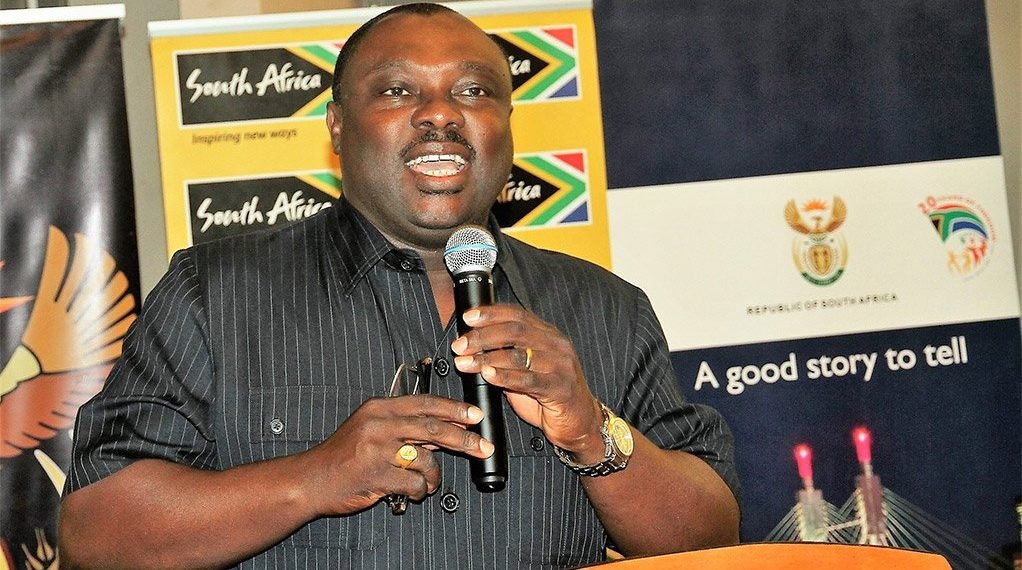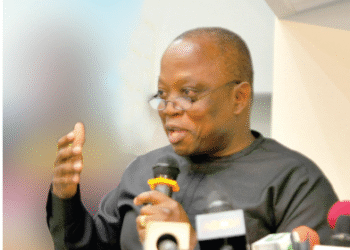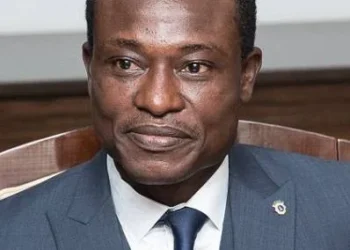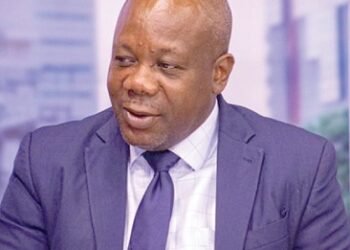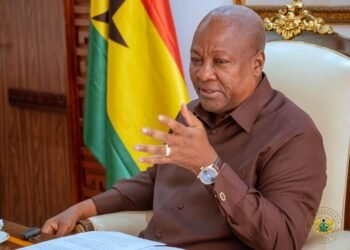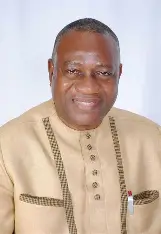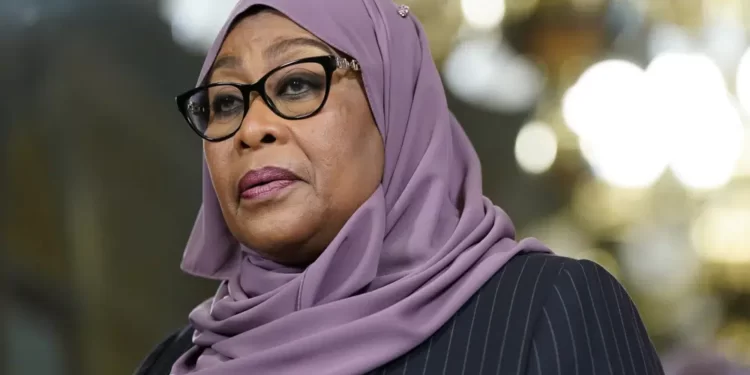Deputy Minister for Trade and Industry, Robert Ahomka-Lindsay has pointed out that the African continent must drop colonial tags that bars the integration of the continent to make the African Continental Free Trade Area (AfCFTA) a success.
According to him, even though language barriers on the continent is apparent, it must not be allowed to become an impediment especially with all the remedies that can help us assail that barrier.
“This language business is something that we need to drop… and start talking about Africa. Language is a challenge but even in today’s world it shouldn’t be a challenge anymore. We are all one and Africa should be the same.”
He made this known in an interview on Asaase Radio, an Accra based FM station on the day President Nana Akufo-Addo commissioned and handed over the AfCFTA Secretariat building to the African Union Commission (AUC) in Accra.
He recounted an incident which made him wonder why colonial tags are still being given prominence on the continent.
“I went to a meeting in France and it was interesting that this was meant to be an Africa wide meeting and I met the Anglophone Africans and I asked the question… have we still got this tag with us?”
This situation, which has been hampering the integration and advancement of the African continent, according to him, is sad and must be highlighted and relegated collectively.
“It is actually quite sad when you look at it. I mean for instance…, take a trip to Accra, take a trip to Abidjan, the people are exactly the same. They just speak different languages but they are all the same people. And I think this is something we have to remind ourselves and we should constantly do that. But then it is up to all of us, including the media houses to get the message across to the people.”
He added that, if you look at the origin of Ghana and her neighbours the colonial francophone and Anglophone “tags” has nothing to do with that history.
“If you look at between us {Ghana} and Togo, if you spend a bit of time on the history of the two countries you will begin to understand that we are one and the same. But somebody drew a line and that line suddenly made a Togolese and one a Ghanaian.
“Somebody has decided to give them a set of languages.”
Regardless of the glaring differences, the Deputy Minister pointed out that the family ties between countries on the continent cannot be glossed over.
“The reality of the matter is that there are families who sit on both sides and the reality is that whether you are a Togolese or Ghanaian it’s irrelevant, they are part of the family and I think we need to get to that.”
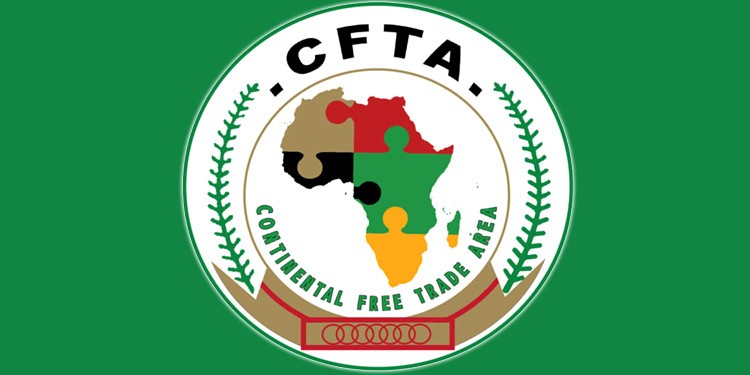
Mr Ahomka-Lindsay disclosed that, Heads of States on the continent will be meeting on December, a month before the AfCFTA’s operations start in earnest on January 2021, to fashion out some very cardinal issues.
“In December, this year, the heads of countries are going to meet and that is going to be the main meeting where a few key decisions will be taken. And, it is expected then to be the general start. Now the start is something we are all working towards. It may not be a big bang, frankly, it doesn’t need to be a big bang. But it is a beginning of a journey that we must set up on. And even if we start with two countries, remember thirty have ratified, even if two start doing this and every year you build up on it. They say Rome wasn’t built a day, you don’t build an empire in a day.”
The Deputy Minister made the point that countries on the continent have always “talked about doing things together.”
However, to him, the caveat is, states on the continent are reluctant to commit their resources to the collective advancement of the continent.
He indicated that, “when it comes to money, that is when the rubber hits the road.”
However, he made it clear that the AfCFTA is
“an opportunity for us to really show with our economic purchasing power which is there,” that “we may not be as big as elsewhere” but we can make an impact.

